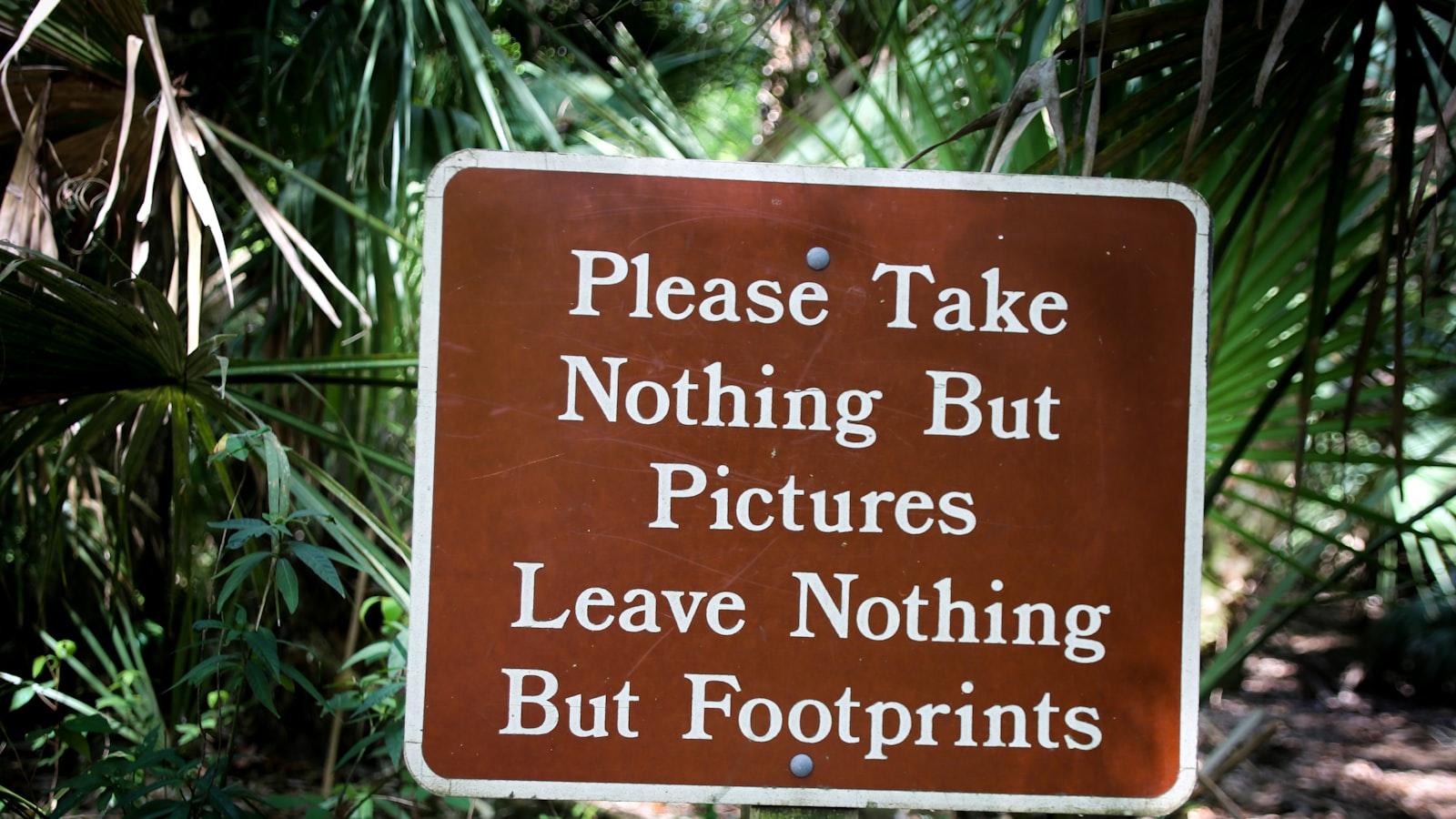In a digital age where artificial intelligence is revolutionizing the way we interact with technology, OpenAI’s GPT Store has sparked controversy over copyright infringement concerns. As the platform allows anyone to create and sell text-based AI models trained on copyrighted material, it has raised questions about intellectual property rights and the future of AI-generated content. Let’s delve into the legal and ethical implications of OpenAI’s innovative yet contentious platform.
– Concerns over Intellectual Property Rights
OpenAI’s GPT Store has been making waves in the AI community, but it is also raising concerns over intellectual property rights. The platform allows users to sell their AI-generated content, which has led to an influx of copyrighted material being shared without permission.
Creators are worried about their work being used without proper compensation, while others are concerned about the potential for plagiarism and infringement. The rise of AI-generated content is blurring the lines of ownership and copyright, leaving many wondering how to protect their intellectual property in this new digital landscape.

– Impact on Creative Industries
OpenAI’s GPT Store has recently come under fire for triggering a wave of copyright complaints within the creative industries. The AI-powered platform allows users to purchase pre-generated text snippets for a variety of purposes, from marketing copy to social media posts. However, many content creators are voicing concerns over potential copyright infringement, as the AI-generated text often closely resembles original work.
While OpenAI maintains that the text generated by their AI models is not directly copied from existing sources, the line between inspiration and plagiarism is becoming increasingly blurred. As more businesses and individuals rely on AI-generated content for their creative projects, the issue of copyright protection in the digital age is being called into question. The impact on creative industries is significant, as artists, writers, and other content creators seek to protect their intellectual property in an era of rapidly evolving technology.

– Balancing Innovation and Copyright Protection
OpenAI’s GPT Store, a platform that allows users to purchase and download AI-generated text, is facing backlash from creators and copyright holders. The cutting-edge technology behind the GPT models has raised concerns about potential copyright infringement issues.
As AI becomes more sophisticated, the boundaries between innovation and copyright protection become blurred. OpenAI must find a way to balance the benefits of making AI more accessible with the need to protect intellectual property rights. Implementing clear guidelines and regulations on the use of AI-generated content can help mitigate copyright complaints and foster a collaborative environment for innovation.

– Proposed Solutions and Policy Measures
One proposed solution to address the copyright complaints surrounding OpenAI’s GPT Store is to implement stricter content moderation guidelines. This could involve utilizing advanced algorithms to detect and prevent the unauthorized use of copyrighted material on the platform. By proactively monitoring and removing infringing content, OpenAI could mitigate the risk of copyright infringement lawsuits and protect the rights of content creators.
Another policy measure that could be considered is requiring users to obtain proper licensing or permission before uploading copyrighted material to the GPT Store. This could involve implementing a verification process where users must provide proof of ownership or authorization to use the content they are uploading. By placing the responsibility on users to ensure they have the rights to the material they share, OpenAI can create a more legally compliant and ethical platform.
As OpenAI continues to push the boundaries of artificial intelligence with their GPT Store, the issue of copyright infringement is inevitably brought into question. While the convenience and innovation of the platform are admirable, it is important to address the concerns of intellectual property rights holders. As technology advances, it is crucial for all parties involved to navigate these complexities with an open mind and a willingness to find solutions that benefit both creators and consumers. Only through collaboration and understanding can we truly harness the potential of AI while respecting the rights of those who have laid the groundwork for creativity and innovation.


